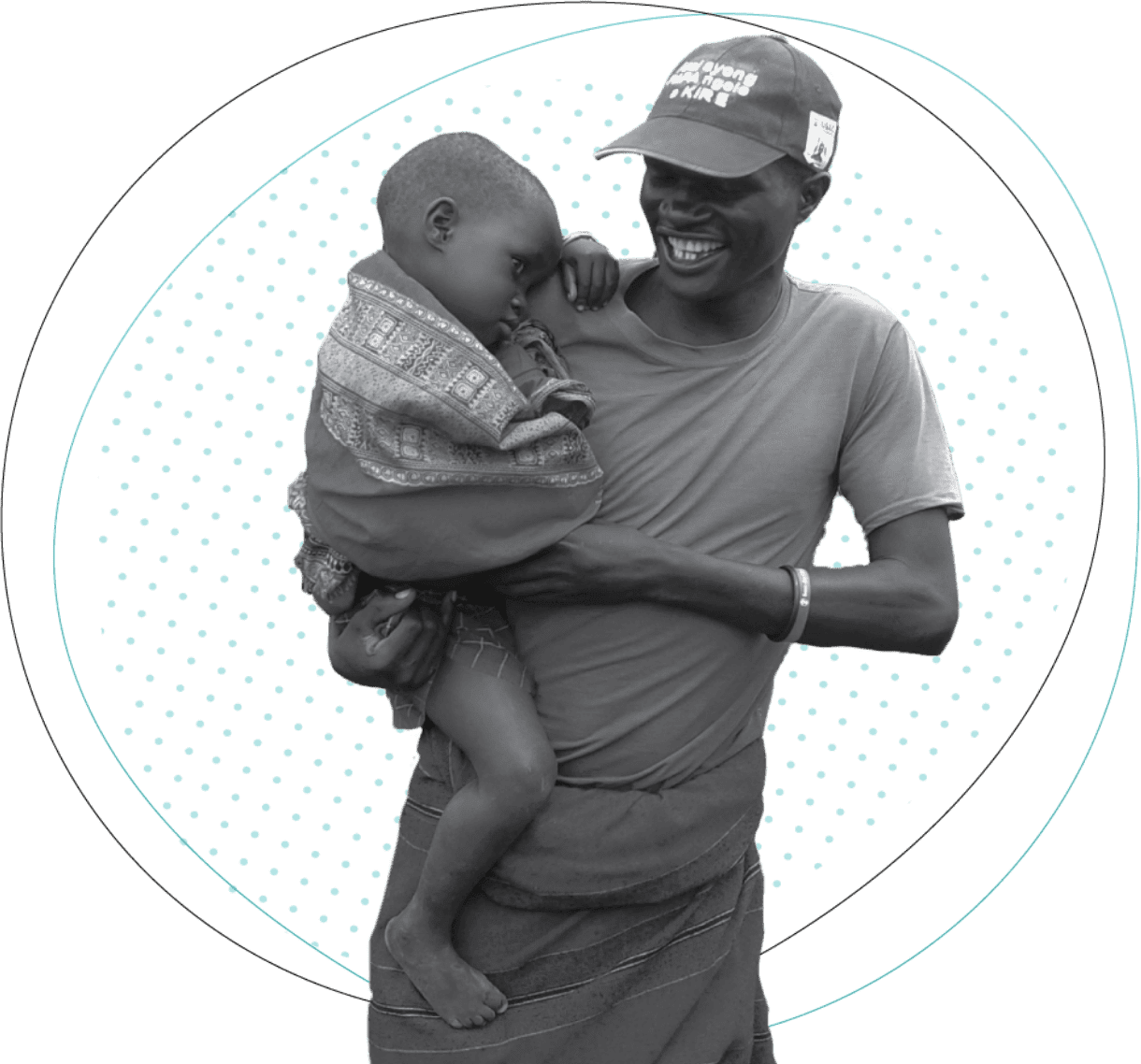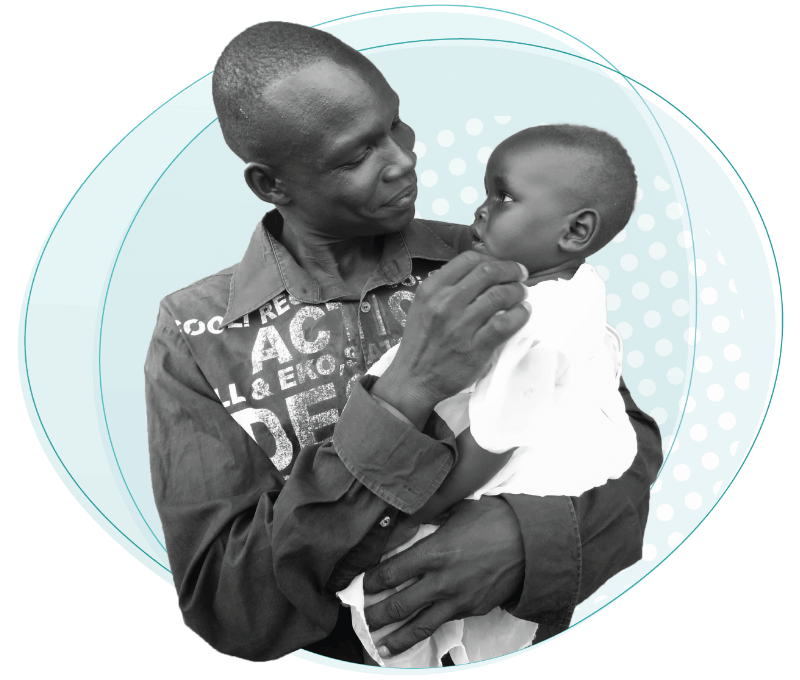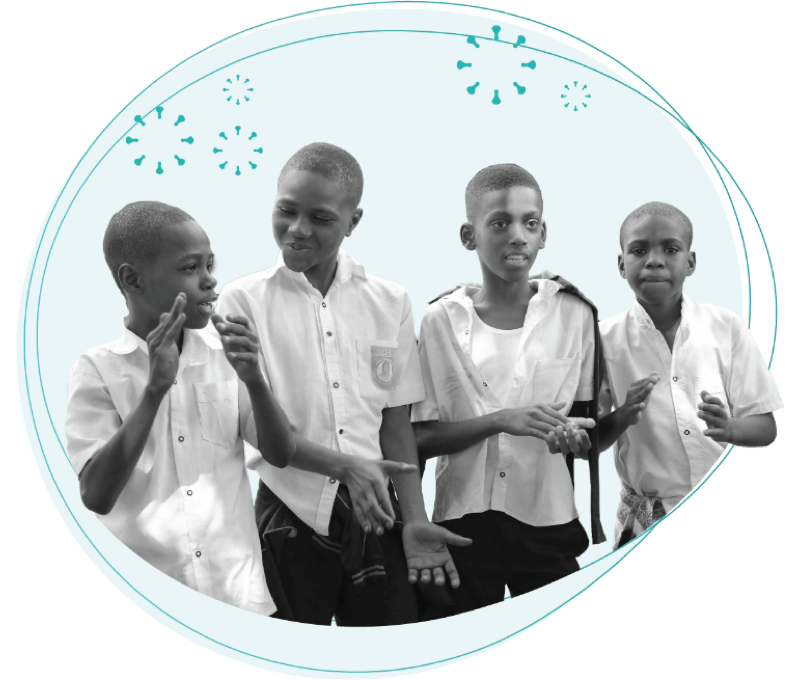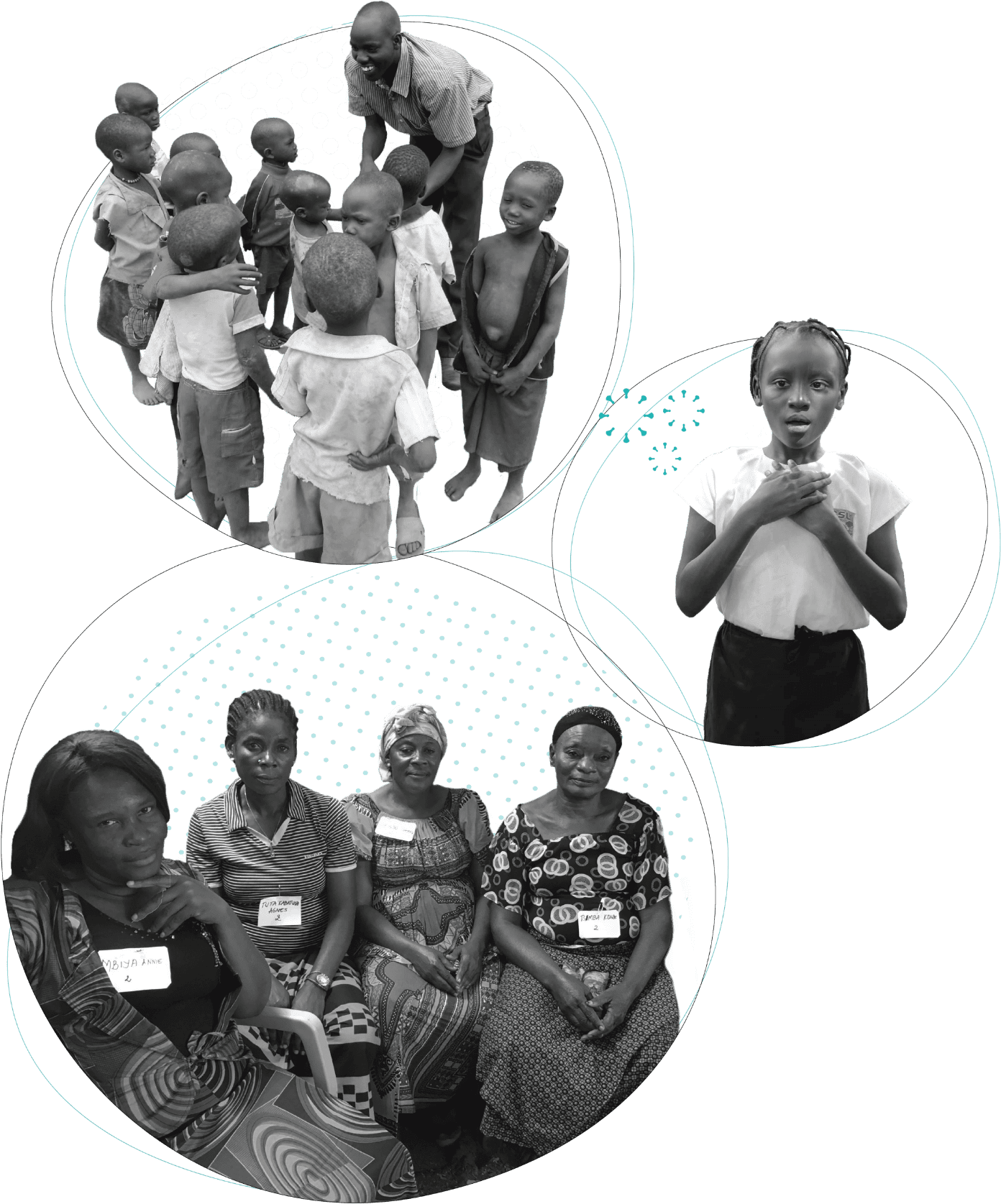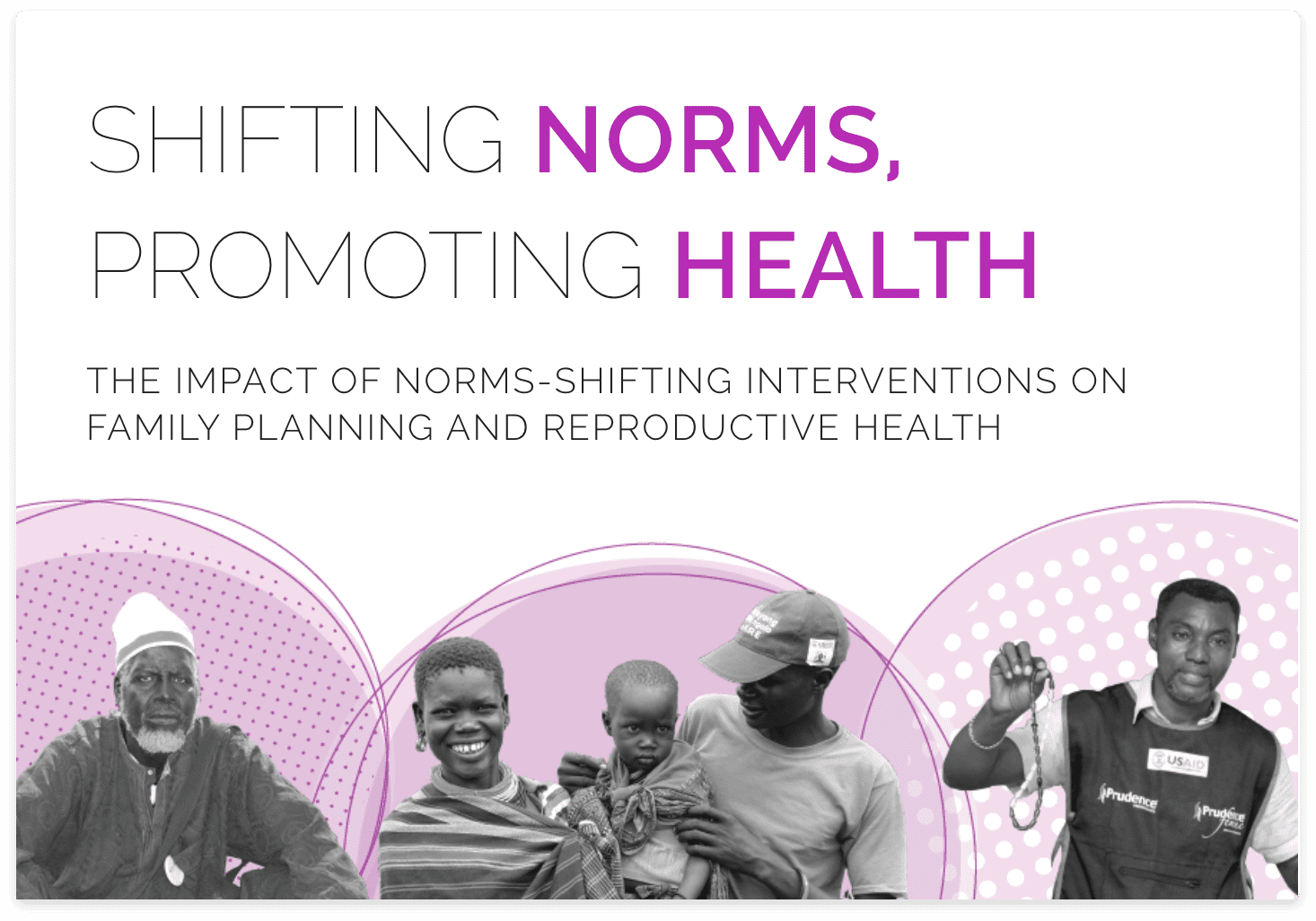Evidence from the Passages Project shows that norms-shifting approaches can create supportive normative environments that lead to reductions in multiple types of violence in a variety of contexts. A norms-shifting intervention is an intervention that seeks to achieve its outcomes at least in part by changing the social norms or social expectations that drive behaviors of interest. For more information about norms and related concepts, please visit the Social Norms Lexicon.
Findings from three norms-shifting interventions—Responsible, Engaged, and Loving (REAL) Fathers; Growing Up GREAT!; and Masculinité, Famille et Foi—reveal significant reductions in intimate partner violence (IPV), violence against children such as harsh punishment and violent discipline of children, and child bullying behaviors.


